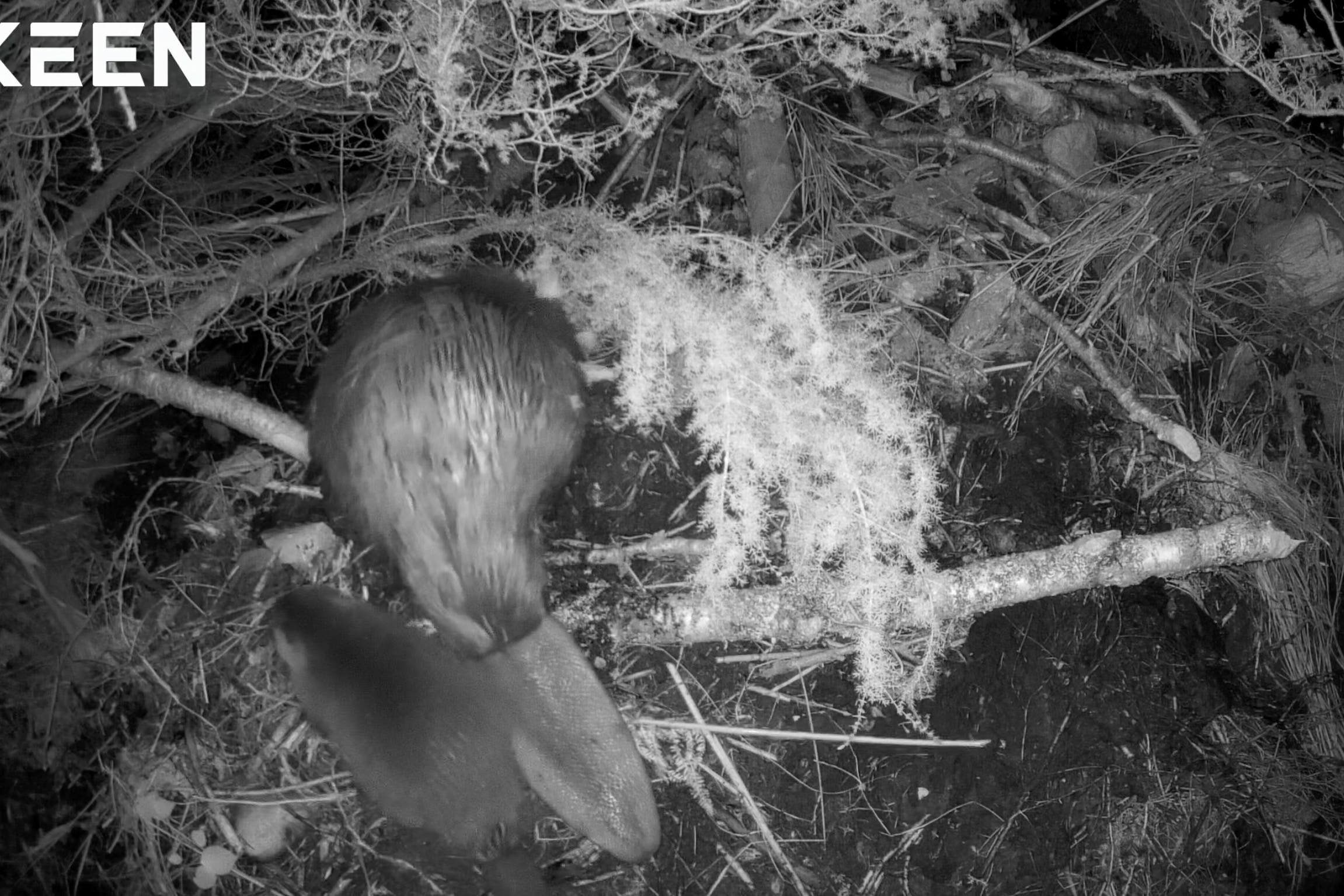Cairngorms beaver kits first to be born in wild at national park for 400 years
National Park bosses hope the animals will help restore river wetlands and also undo some of the effects of climate change.

The first beavers to be born from wild parents in a Highland national park for 400 years have been spotted by nature workers.
Beavers released in the Cairngorms National Park have given birth to two babies, or kits.
They were born to two of the six families relocated there, which was part of an effort to re-establish the species in the area.
The exact dates of when the two were born is unclear, however, with park officials saying they were born “in the past few weeks”, with the second born in early August when it was picked up on the cameras for the first time.
It is hoped the beavers will help restore rivers and wetlands throughout the park, reducing the effects of climate change.
Sarah Henshall, head of conservation at the Cairngorms National Park Authority, said: “This is a really exciting milestone in our project to bring beavers back to the Cairngorms National Park.
“We’ve been monitoring the beavers closely since the first releases in December and it’s encouraging that two of the beaver pairs have already bred successfully.
“There are also encouraging signs of breeding behaviour at other locations – including evidence of them busily expanding their lodges – so we are hopeful that there will be more kits to come.
“Today’s news is another positive step towards establishing a sustainable population of beavers in the national park.
This project is an important step towards restoring beavers in Scotland, a species which provides many benefits for nature, creating habitats such as ponds and wetlands where other species thrive, as well as moderating water flows and improving water quality
“To get to this point in the journey of bringing beavers back to the Cairngorms National Park, there has been extensive engagement with the agricultural community, fishing interests, the public and other key stakeholders.
“We have to thank the land owners and all the partners involved for their hard work and support of this project.”
Dr Roisin Campbell-Palmer, head of restoration at Beaver Trust, added: “The successful birth of a kit is what all the partners on this project have been hoping for this summer.
“With any translocation of a species there are no guarantees that the animals will settle, so for two pairs to have bred successfully proves the work that has gone into identifying suitable habitat and locations has been worthwhile.”
It comes as the park authority and partners are considering potential release locations for the second year of the project.
Following conversations with landowners and communities, the project has developed a robust monitoring and mitigation plan for beavers that is specific to the Cairngorms and goes above and beyond the national scheme.
Jenny Bryce, NatureScot’s beaver team manager, said: “After all the hard work by the park authority and many others, it is so rewarding to see the beaver families moved to the Cairngorms National Park doing so well and producing their first kits.
“This project is an important step towards restoring beavers in Scotland, a species which provides many benefits for nature, creating habitats such as ponds and wetlands where other species thrive, as well as moderating water flows and improving water quality.
“We will continue to work alongside the park authority, local people and organisations to closely monitor all the beaver families and assess their impact on the surrounding area.
“We are committed to helping solve any issues that might arise as the beavers settle in to their new homes.”
Bookmark popover
Removed from bookmarks